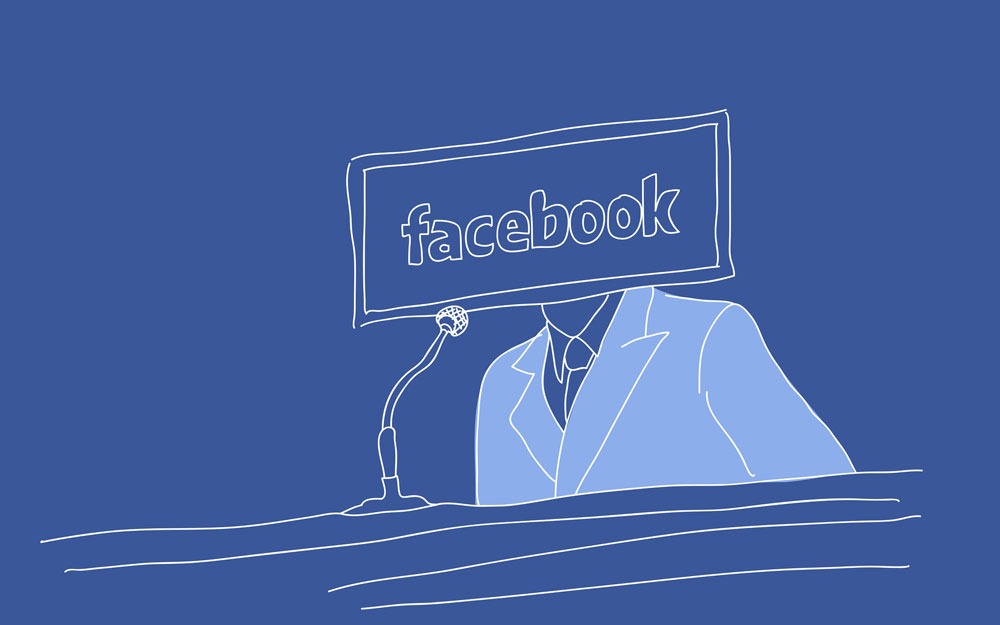
July 8, 2020; New York Times and Politico
By all accounts, yesterday’s Zoom meeting between Facebook’s Mark Zuckerberg and representatives of the Stop Hate for Profit Campaign, which includes the Anti-Defamation League, the NAACP, Color of Change, and the advocacy group Free Press, did not go well.
The campaign has been advancing an ad boycott against the social media company that has induced hundreds of advertisers to suspend their buying of space on the platform in protest over Facebook’s refusal to control for inflammatory hate speech and disinformation on the site.
The number of boycotters is reported by the Washington Post to be above 750. Advertising is Facebook’s main source of revenue, estimated at $70 billion last year, and among those boycotting are Unilever, Coca-Cola, Hershey’s, and Best Buy. Facebook is reported to have 8 million advertisers, but many are small businesses.
Representatives of the groups in attendance said that Facebook responded to their demands by reverting to “spin” tactics, which couldn’t have been more of a misreading of the coalition’s sophistication.
Sign up for our free newsletters
Subscribe to NPQ's newsletters to have our top stories delivered directly to your inbox.
By signing up, you agree to our privacy policy and terms of use, and to receive messages from NPQ and our partners.
“They showed up to the meeting expecting an ‘A’ for attendance,” said Rashad Robinson of Color of Change. “Attending alone is not enough.”
“Zuckerberg offered the same old defense of white supremacist, antisemitic, Islamophobic and other hateful groups on Facebook that the Stop Hate For Profit Coalitions, advertisers, and society at large have heard too many times before,” boycott organizers say in a statement. “Instead of actually responding to the demands of dozens of the platform’s largest advertisers that have joined the #StopHateForProfit ad boycott during the month of July, Facebook wants us to accept the same old rhetoric, repackaged as a fresh response.”
Facebook appears not to understand the moment it is, in as employees express their displeasure through “virtual walkouts” and advertisers take their business elsewhere. While it is unclear what the next steps will be, the pressure on Facebook is unlikely to wane.
This morning, Facebook issued the conclusion of an audit of its civil rights policies and practices, a transparency measure it has resisted in the past. We’ll be covering that work in more detail, but before its release, people were already prepared to meet it with skepticism.
“This timing is a transparent effort to change the narrative,” said Rashad Robinson in a tweet. “That Zuckerberg believes he is so powerful that he can ignore calls from major advertisers, multiple coalitions and a growing public puts our democracy and communities around the world at risk.”—Ruth McCambridge












